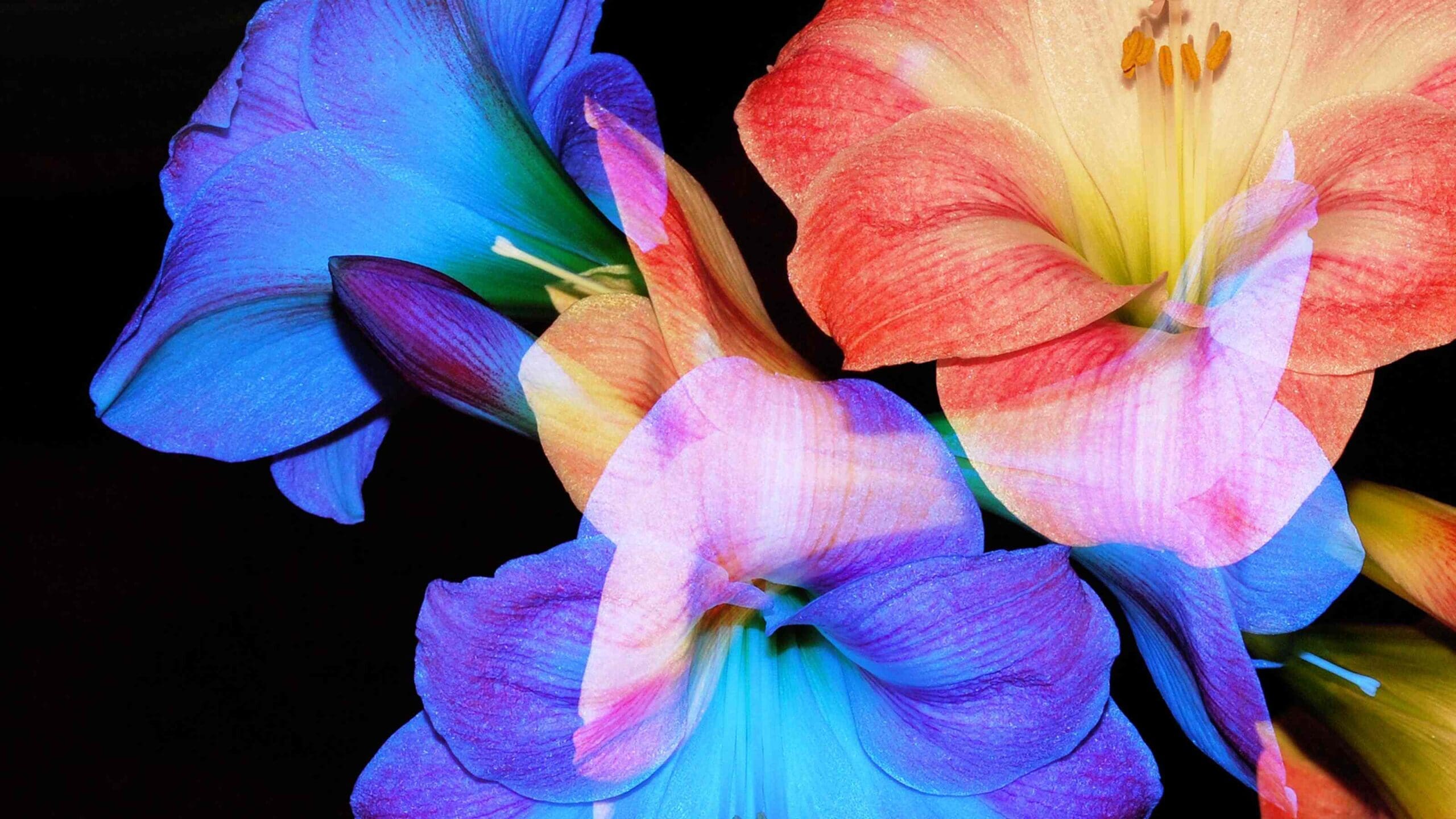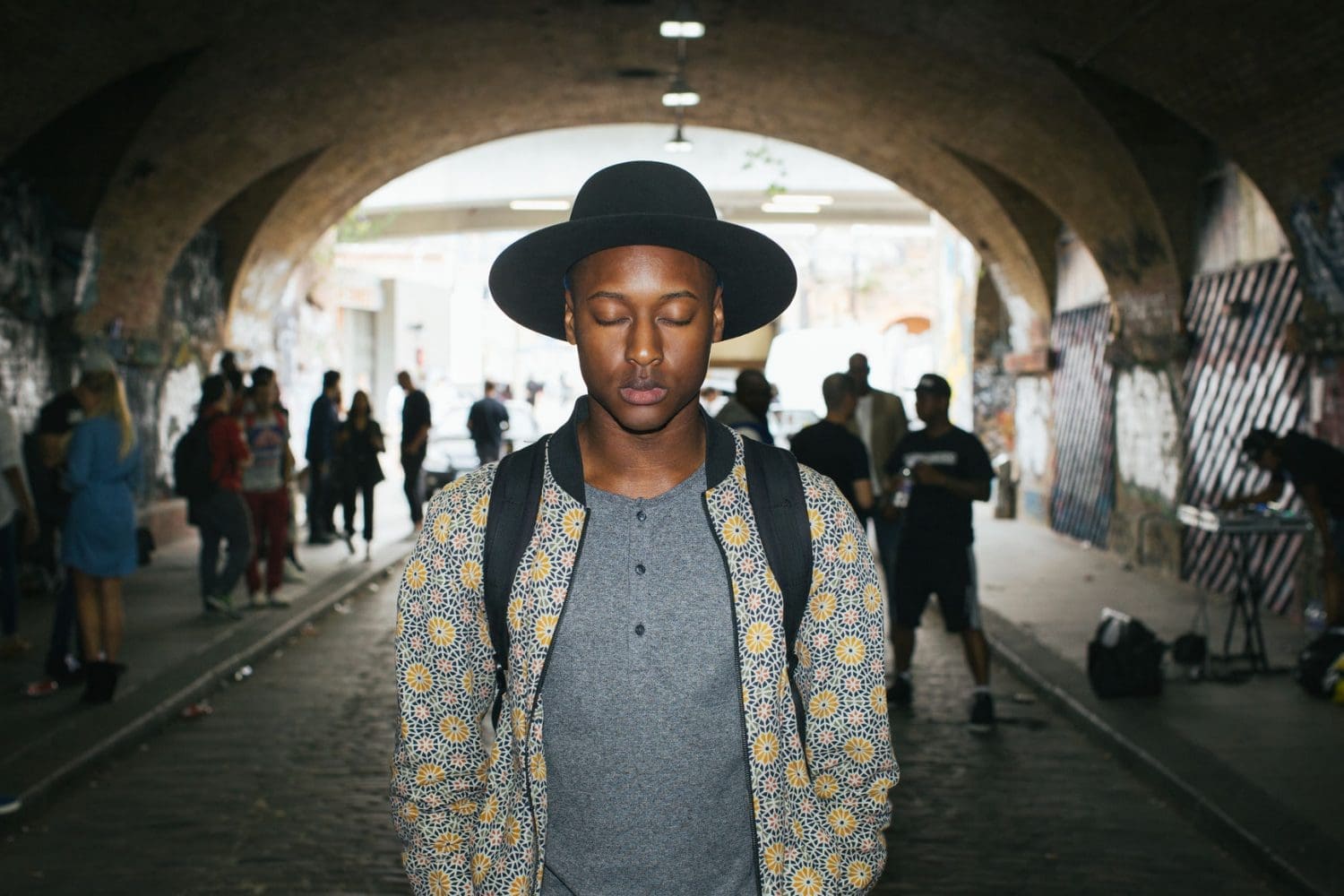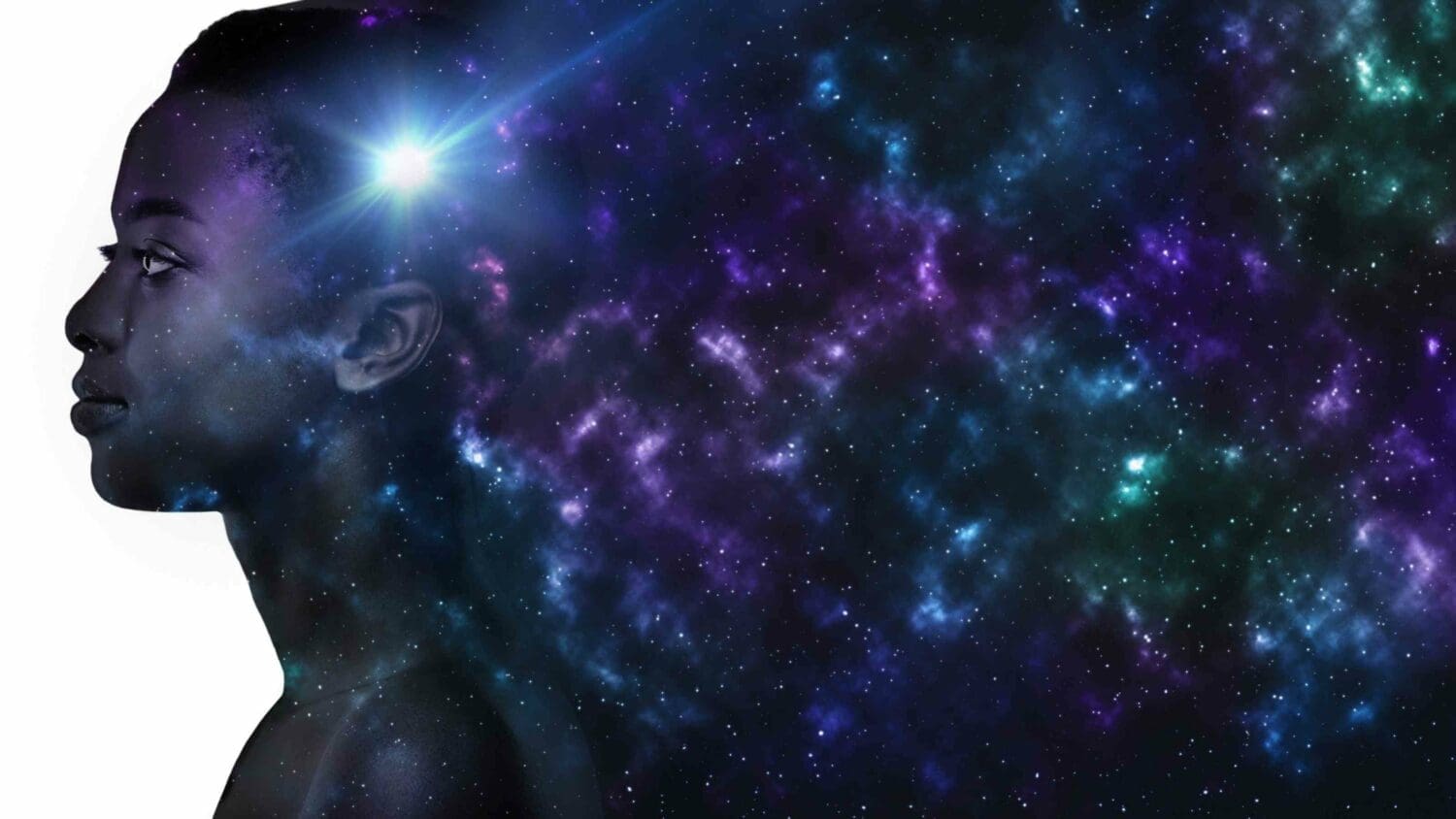The moments you most want to run away—from silence, from distance, from friction, from your own desire—are your greatest training ground for love.
This week’s episode gets personal. I share what I’ve been working with lately in my own “relationship dojo,” including two of the hardest things for many of us: expressing vulnerable feelings and staying present through emotional distance. These aren’t surface-level tips. They’re deep, nervous-system-expanding, self-leadership practices that transform the way we show up in relationships.
You’ll hear how I faced long-held protection patterns, processed painful imprints from my past, and created space for self-love to grow. Not just by myself, but in connection to someone else. The real, solid foundation that lets you show up honestly and lead with your heart, even when it feels risky.
Because this is what changes everything: when you stop waiting for someone else to make you feel safe, and start giving yourself what you’re seeking. From there, love becomes something you lead with, not something you chase.
We’ve all been fed a narrative about relationships that keeps us stuck: “I’m broken, I’m insecurely attached, I’m having all these reactions, and until I fix them, I’ll never be whole or loved.” This belief system has kept many of us trapped in an endless cycle of self-improvement, desperately trying to be “worthy” of love.
What if we flipped this narrative completely? What if those nervous system reactions, those moments of anxiety or insecurity, aren’t signs that you’re broken but opportunities to become an even better relationship partner? This relationship revolution is about seeing your reactions not as disqualifications but as advanced training in love.
When we experience anxiety, jealousy, or insecurity, we’re often told to “fix” these reactions before we can truly be in a healthy relationship. But what if these experiences are actually preparing you to be an exceptional partner because you’re learning to meet the uncomfortable reactions inside yourself that many people never confront? Rather than viewing your sensitivities as weaknesses, see them as specialized training that’s helping you develop deeper emotional capacity.
The foundation of this revolution is self-esteem, which consists of two essential components. First, your capacity to be with uncomfortable sensations inside you—anxiety, sadness, jealousy, insecurity. Contrary to what we’re often told, self-esteem doesn’t come from eliminating these feelings but from growing your capacity to be with them. The second component is believing you deserve happiness, countering the constant “I have to” mentality that comes from fear-based beliefs where we’re constantly protecting ourselves from hurt.
Think of your emotional well-being as a garden you’re cultivating. Happiness isn’t about feeling twinkly and good all the time—it’s about raising the baseline underneath everything you feel. It’s a sense of contentment and trust in yourself and life, a foundation of self-love beneath whatever emotional state you’re experiencing. This garden takes time and consistent care. The seeds you plant today—whether fear-based or love-based—will bear fruit in the future. What you nourish right now will shape what grows in your life months and years from now.
In my own experience, I’ve been practicing two skills in my relationship “dojo.” First, daring to tell someone I like them, which my nervous system flagged as unsafe. My default setting was to wait for the other person to express interest first, believing showing interest first would make me appear weak or give up power. When I tried to practice expressing my feelings, my nervous system rebelled—I felt anxiety, deflected conversations, and asked the other person about their feelings instead of sharing mine.
This practice revealed deeper layers of protective parts that feared rejection, ridicule, and vulnerability. To move forward, I needed to meet with those parts, process the painful experiences from my past, and create a safe space for those emotions. By doing this inner work, I developed the capacity to express authentic feelings without needing a particular response in return.
The second practice involved tolerating space and separation without panicking. When time apart triggered fear and abandonment wounds, I noticed the stories my mind created: “They don’t like me anymore,” “This is over.” By sitting with these feelings rather than acting on them, I discovered those stories weren’t true. This revealed how past trauma, particularly a sexual abuse experience at age 14 when I was alone afterward, created a pattern where brief separations could trigger that same sense of isolation and abandonment.
This relationship revolution isn’t about finding a perfect partner who never triggers your fears. It’s about developing the capacity to be with your own emotional responses, giving yourself what you need, and then clearly communicating from that place of wholeness. When you can give to yourself what you’re seeking from others, your requests come from abundance rather than desperation.
The true power lies within you. It’s not about waiting for someone else to change their behavior—it’s about changing how you relate to what’s happening inside you. When you do this, the entire relational dance transforms. Go first in love, starting with yourself, and watch how it ripples outward into all your relationships.



